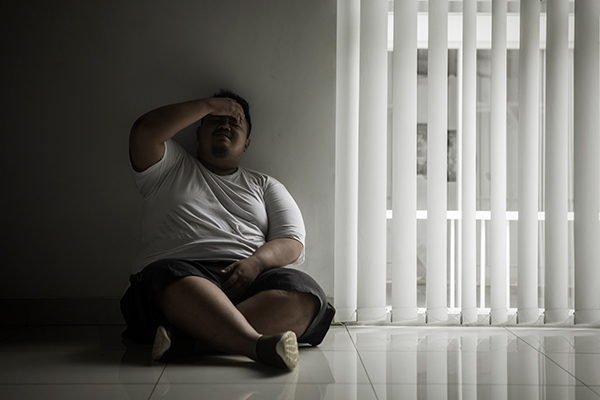Opioids are highly addictive controlled substances that help to relieve pain. Opioids bind to the opioid receptors in the brain and depress the central nervous system. When taken, they produce a sense of calm, relaxation, and euphoria.
Abuse of Prescription Opioids
According to the CDC’s Assessing and Addressing Opioid Use Disorder (OUD):
In 2016, 11.5 million people self-reported that they had personally misused prescription opioids during the previous year. The most commonly reported reason that opioids were misused was to relieve physical pain (62.3 %). The misused prescription opioids were obtained: from a friend or relative (53.0 %), through prescription(s) or stealing from a healthcare provider (37.5 %), typically through one doctor, or from a drug dealer or stranger (6.0 %) (CDC.GOV)

How is Opioid Use Disorder Diagnosed?
Opioid Use Disorder (OUD) is a chronic lifelong disorder characterized by a problematic pattern of opioid use that causes significant impairment or distress. Also known as opioid abuse, dependence, and addiction, opioid use disorder causes a desire to obtain and take opioids despite any social and professional consequences. OUD also consists of the overpowering desire to use opioids, increased tolerance to opioids, and subsequent withdrawal syndrome if opioids are discontinued.
More About Opioid Use Disorder Diagnosis
Opioid Use Disorder often involves exacerbation and remission periods, and like other substance use disorders, OUD is a chronic relapsing brain condition. A thorough evaluation is required to be diagnosed with opioid use disorder, which may include both a urine drug screen and a prescription drug monitoring program report. Treatment options for opioid use disorder vary and depend on the severity of the disorder: mild, moderate, or severe.
How to Define Opioid Use Disorder?
In 2016, as many as 2.1 million Americans had opioid use disorder. As outlined in the DSM (The Diagnostic and Statistical Manual of Mental Disorders 5th Edition), like substance use disorder, opioid use disorder has a set list of criteria that define it. If a person has at least two of the eleven criteria in 12 months, they are diagnosed with opioid use disorder. Here are the relevant criteria:
- Opioids are often taken in larger amounts or over a longer period than was intended.
- There is a persistent desire or unsuccessful efforts to cut down or control opioid use.
- A great deal of time is spent in activities necessary to obtain the opioid, use the opioid, or recover from its effects.
- Craving, or a strong desire or urge to use opioids.
- Recurrent opioid use failing to fulfill major role obligations at work, school, or home.
- Continued opioid use despite having persistent or recurrent social or interpersonal problems caused or exacerbated by the effects of opioids.
- Important social, occupational, or recreational activities are given up or reduced because of opioid use.
- Recurrent opioid use in situations in which it is physically hazardous.
- Continued opioid use despite knowledge of having a persistent or recurrent physical or psychological problem is likely to have been caused or exacerbated by the substance.
- Exhibits tolerance
- Exhibits withdrawal
Treating Opioid Use Disorder
Treatment options for opioid use disorder vary and depend on the severity of the disorder: mild, moderate, or severe. There are both pharmacological and nonpharmacological treatments available for those diagnosed, and again treatment options will vary for each individual. The National Library of Medicine states that:
Patients assigned ICD codes for opioid use, dependence, or abuse often lack documentation of meeting OUD criteria. Many receive long-term opioid therapy for chronic pain without evidence of misuse. Robust methods of identifying individuals with OUD are crucial to improving access to clinically appropriate treatment. (NLM)
OUD Addiction Help at Evoke Wellness
Evoke Wellness assists men, women, and families throughout the United States who struggle with substance abuse and are searching for OUD addiction treatment. If you or someone you love is struggling with an addiction to opioids, our addiction professionals are available around the clock to assist you. Rest assured all calls are free and confidential. We offer evidence-based and solution-focused treatment programs and detox programs. You don’t have to suffer from addiction any longer. Evoke Wellness will help you get on the road to long-lasting recovery. Call us today.


